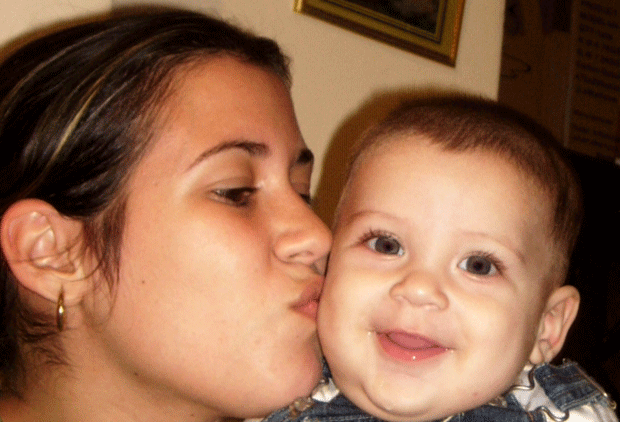As a child, I used to hear people say, “There are plenty of fathers, but there is only one mother….” I have no idea where this famous saying came from, that is, who came up with the idea of defending, supporting, and reaffirming the sacrifice and effort of mothers and so weakly describing the responsibilities of fathers, although I assume it was a woman, and a mother.
It’s embarrassing for me to refute that assertion and I do not dare to speculate on the possible reasons for its taking hold. In fact, during those innocent childhood days—with my hairless chin and orthopedic shoes—I would ask my mother about the meaning of that refrain, which she repeated so often, even though in my case it could have been justified due to my father’s absence. The embarrassment lies more in the fact that I refuse to accept that my duty as a father should be so indiscriminately minimized, or the duties of many others who have assumed the role of mother, or, in fact, are as much a mother as the best of them. Of course “defending” the role of fathers does nothing to diminish the courage, heroism, and unconditional, sacred love of mothers, and the need for their children to be sheltered under their protective mantle.
My mother, for example, was and still is a heroine; she not only took on the roles of mother and father but also sacrificed everything for her two sons.
May is the month that brings us the gifts of much rain and Mother’s Day. I don’t know why U.S. President Thomas Woodrow Wilson declared the second Sunday in May as Mother’s Day in 1914; I would have preferred to celebrate it on the same day I was born. After all, in my case, it was when my mother became a mother. Mother’s Day should be chosen by us, their children, and could well be every day of our lives. Mothers do not have a day to celebrate their children; for mothers, every day is a day for loving, taking care of, protecting and worrying about their children.
Don’t get me wrong; it’s not that I think that celebrating this way is bad. It’s just that if we go back to their origins, these celebrations were first held in ancient Greece, not for honoring your mother and mine, but for paying tribute to Rea, the mother of the gods Zeus, Poseidon and Hades, a custom that was later adopted by the Romans, and then altered by the Catholics to honor the Virgin Mary, the mother of Jesus.
Nevertheless, this second Sunday in May, by decree or not, thanks to the efforts of Anna Marie Jarvis (the advocate and tireless organizer for that proclamation since 1907), I am going to celebrate Mother’s Day. I am going to bow down to and become infected with the nobleness, goodness, tenderness, and embraces of mothers; I am going to lavish honors on the person who paid the high price of having me as a son. I am going to say to her—although I do not completely agree with her famous refrain (which she still repeats)—that for me, she is irreplaceable and indispensable. I am going to tell her that there is only one mother.
Happy Mother’s Day.










